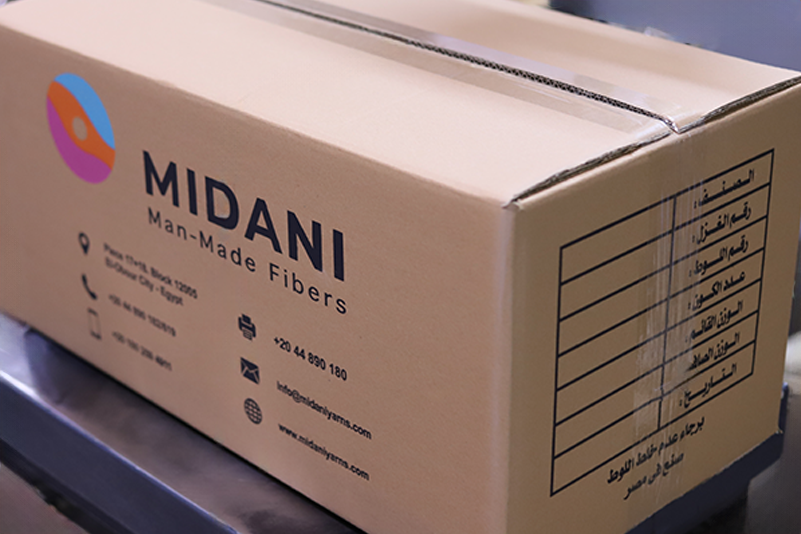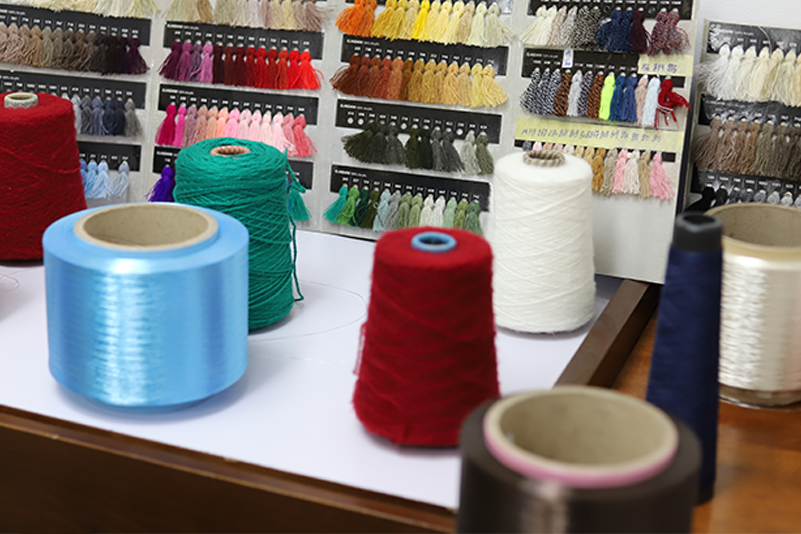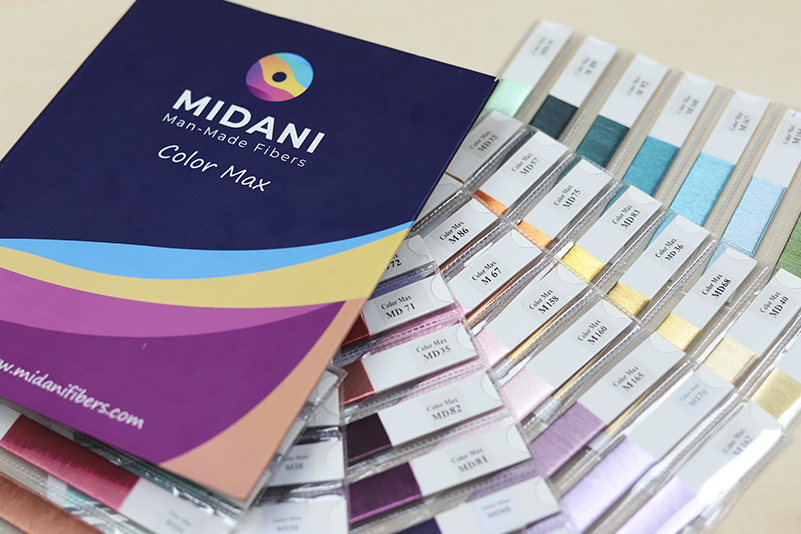GAFTA: A Gateway to Growth
Signed in 2001, GAFTA establishes a free trade zone between Egypt and the European Free Trade Association (EFTA) countries, including Switzerland, Norway, Iceland, and Liechtenstein. This agreement boasts several benefits for the Egyptian textile industry:Signed in 2001, GAFTA establishes a free trade zone between Egypt and the European Free Trade Association (EFTA) countries, including Switzerland, Norway, Iceland, and Liechtenstein. This agreement boasts several benefits for the Egyptian textile industry:
Reduced tariffs: Duties on textile exports to EFTA countries are gradually being eliminated, making Egyptian products more competitive and affordable.
Increased market access: EFTA markets offer a lucrative opportunity for Egyptian yarn and fabric manufacturers, potentially reaching millions of new consumers.
Knowledge transfer: The agreement facilitates collaboration and knowledge sharing between Egyptian and EFTA textile companies, leading to improved technology, design, and production processes.
Investment opportunities: GAFTA creates a more attractive environment for foreign investment in the Egyptian textile sector, fostering growth and modernization.
Beyond GAFTA: A Tapestry of Trade Agreements
GAFTA is just one thread in the intricate tapestry of Egyptian trade agreements. Other notable agreements include:
COMESA: This Common Market for Eastern and Southern Africa agreement grants preferential access to a vast regional market for Egyptian textiles. AGOA: The African Growth and Opportunity Act offers duty-free entry for certain Egyptian textile products into the US market, further diversifying export destinations. EU-Egypt Association Agreement: This ongoing negotiation aims to deepen economic ties and potentially include textile-specific provisions in the future.
The Future of Egyptian Textiles: Strength in Collaboration
These trade agreements present a golden opportunity for Midani Yarns and the Egyptian textile industry as a whole. By leveraging these agreements, we can:
Diversify our export markets: Reaching new customers in EFTA, COMESA, and other regions can mitigate dependence on traditional markets and ensure long-term stability.
Enhance product quality and innovation: Collaboration with foreign partners can bring new technologies and design expertise, propelling Egyptian textiles to the forefront of the global market.
Promote sustainability: Trade agreements can encourage environmentally responsible practices and ethical sourcing throughout the textile supply chain.
We can weave a stronger future for the Egyptian textile industry, one thread at a time. By embracing trade agreements, fostering innovation, and prioritizing sustainability, Midani Yarns is reclaiming its rightful place as a global leader in the textile industry.







